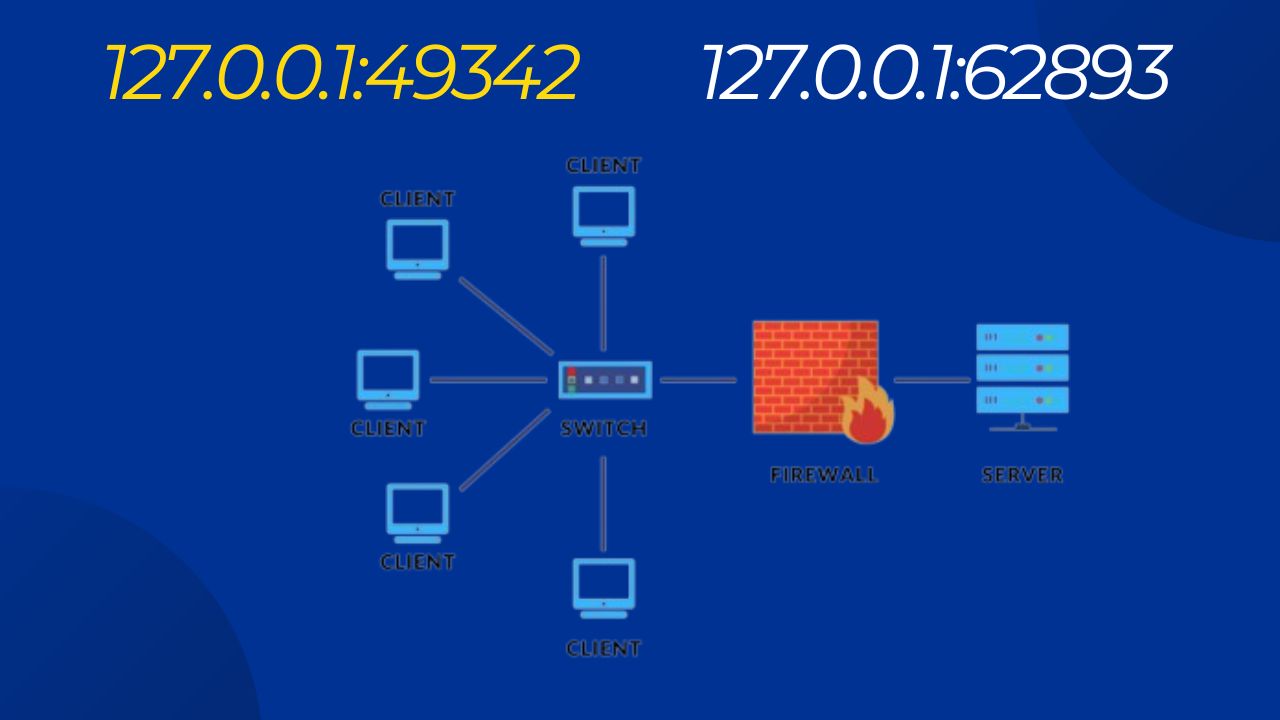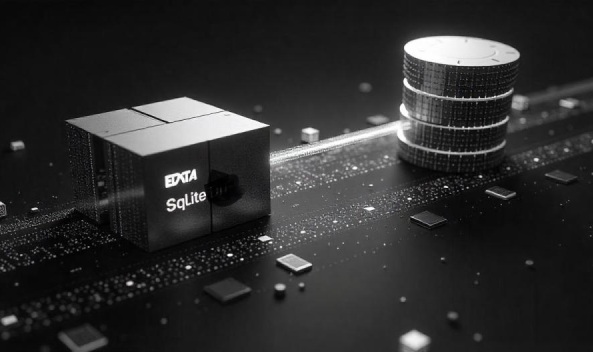
In the world of computer networking, localhost IP addresses play a crucial role. They are especially important for developers, network administrators, and anyone interested in understanding how computers communicate internally. This article will explore two specific localhost IP addresses: 127.0.0.1:49342 and 127.0.0.1:62893. We’ll break down what these addresses mean, how they work, and why they’re important in the realm of networking and software development.
What is Localhost?
Before we dive into the specific IP addresses, let’s understand what localhost means. Localhost refers to the current device you’re using. When a computer program needs to communicate with itself, it uses the localhost address. This is like talking to yourself inside your own head – no external communication is needed.
The IP Address 127.0.0.1:
The number 127.0.0.1 is a special IP address. It always refers to the local machine, regardless of what computer you’re using. This address is part of the loopback network, which is a virtual network that exists only within your computer.
Understanding Ports:
Now, let’s talk about the numbers after the colon in our addresses. These numbers (49342 and 62893) represent ports. Ports are like doors in a house. Just as different doors lead to different rooms, different ports lead to different services or applications on your computer.
127.0.0.1:49342 Explained:
This address combines the localhost IP (127.0.0.1) with port 49342. It means that a program on your computer is using this specific port for communication. Port 49342 is what we call a dynamic or ephemeral port. These ports are typically used temporarily by applications that need to communicate over a network.
When might you see 127.0.0.1:49342?
You might encounter this address when:
- Running a local development server
- Testing network applications
- Debugging network-related issues
127.0.0.1:62893 Explained:
Similar to the previous address, this one uses port 62893. Again, this is a dynamic port. The use of different port numbers allows multiple applications to use the localhost address simultaneously without interfering with each other.
Also Read: Exploring 127.0.0.1:62893: How It Works, Benefits, Basics of Localhost and Port Numbers
Why are these addresses important?
- Local Testing: Developers use these addresses to test applications without connecting to external networks.
- Security: By using localhost, developers can work on sensitive projects without exposing them to the internet.
- Performance: Local communication is faster than network communication.
- Debugging: These addresses help in isolating and fixing network-related bugs.
How Localhost Addresses Work:
When a program on your computer sends data to a localhost address, the following happens:
- The data doesn’t leave your computer.
- It’s redirected to the loopback interface.
- The operating system treats it as incoming network data.
- The data is then sent to the appropriate application based on the port number.
This process is incredibly fast because the data never actually leaves your computer’s memory.
Common Uses of Localhost Addresses:
- Web Development: Developers often run local web servers to test websites.
- Database Testing: Many database systems use localhost by default.
- API Development: Developers can test APIs without internet connectivity.
- Network Application Testing: Before deploying to real networks, applications are tested locally.
Localhost in Different Operating Systems:
While 127.0.0.1 is universal, how it’s used can vary slightly between operating systems:
- Windows: Often referred to as “localhost” in the hosts file.
- Linux/Unix: Can be configured in the /etc/hosts file.
- macOS: Similar to Linux, also uses /etc/hosts.
All these systems treat 127.0.0.1 as the loopback address.
Security Implications:
Using localhost addresses has security benefits:
- Isolation: Local testing doesn’t expose your work to the internet.
- Firewall Bypass: Localhost traffic usually bypasses firewall restrictions.
- No External Vulnerabilities: Since the traffic is internal, it’s not susceptible to external attacks.
However, it’s important to note that malware on your computer could potentially exploit localhost connections.
Troubleshooting Localhost Issues:
If you’re having problems with localhost addresses, try these steps:
1. Check your hosts file for correct entries The hosts file is a system file that maps hostnames to IP addresses. Ensure that the localhost entry (127.0.0.1) is correct and not overwritten by any other entries.
2. On Windows, the hosts file is located at C:\Windows\System32\drivers\etc\hosts. On Linux/macOS, the hosts file is located at /etc/hosts.
3. Verify port availability Make sure the port you’re trying to use (e.g., 49342 or 62893) is not already in use by another application. You can use command-line tools like netstat (Windows) or lsof (Linux/macOS) to check which processes are using specific ports.
4. Restart the application or service If you’re still experiencing issues, try restarting the application or service that’s using the localhost address. This can help resolve any conflicts or temporary issues.
5. Check firewall settings Ensure that your firewall is not blocking the localhost traffic. Firewalls are designed to protect your system, but they can sometimes interfere with local communication.
Conclusion
In this article, we’ve explored the significance of localhost IP addresses, specifically 127.0.0.1:49342 and 127.0.0.1:62893. These addresses are essential for developers, network administrators, and anyone interested in understanding how computers communicate internally.
By understanding the concept of localhost, ports, and how these addresses work, you can better troubleshoot network-related issues, test applications more effectively, and ensure the security of your local development environment.



